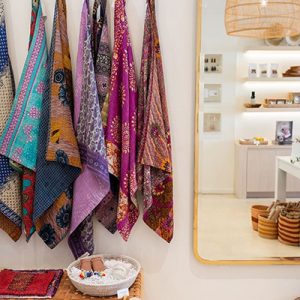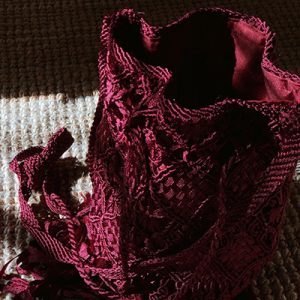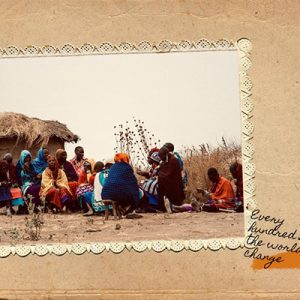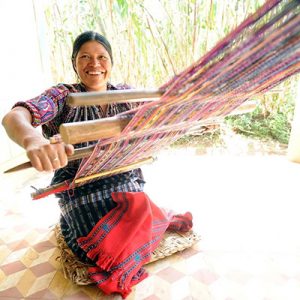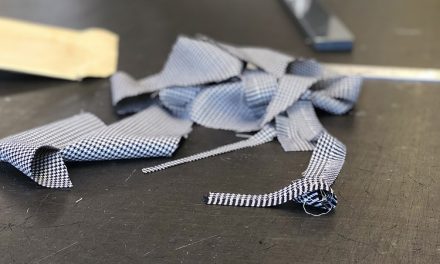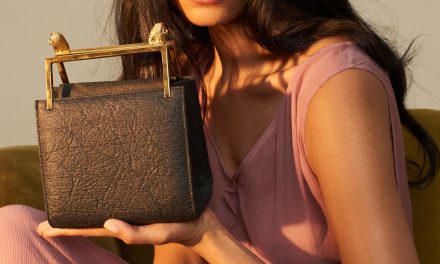Fairtrade In The Digital Age
Image: Folkloore
As we become more aware of #whomademyclothes we are demanding more of the products we buy. What if you could browse an online shop knowing that everything was Fairtrade? We investigate Fairtrade in the digital age.
Would you have ever believed that technology can help fairtrade retail? And that eCommerce platforms can aid in preserving traditional artisanal techniques all around the world? Well they can, and they are. Authentic manufacturing techniques are disappearing, an international trend that covers every country – including the UK. They are instead replaced by mass produced, fast fashion. Often made by people in developing countries that are not paid well or treated fairly. Where once it was tricky to find Fair Trade or artisanal products, the internet has made it simpler than ever to support makers and sellers over mass produced items.
What is Fairtrade
Fairtrade focuses on the necessities of producers and workers to earn a fairer income. This is so they can cover the expenses of more sustainable production as well as living well. At the same time, it commits to work alongside garment workers to help them become more independent. It allows them to negotiate better salaries and having earnings appropriate to support a better lifestyle for themselves and their families. From gender equality to preventing child labour, climate change and the protection of human rights: Fairtrade takes care of the production and consumption of goods with an ethical 360 degree mindset.
Rather than investing time and expense in identifying and establishing Fair Trade suppliers ourselves, established digital retail spaces can cut and lowers costs and let producers have a higher percentage of the final income. The perks of buying fair trade items are countless. We’re talking about exclusive designs, handcrafted thanks to precious know-how from local artisans. Pieces often come with no labels because their identity is embedded in the design. You only have the beauty of the unique, bold items with an authentic soul. They’re perfect when mixed with classic and minimal pieces to create a sophisticated modern look with a pop of personality. Great at any age and versatile at any season of the year.
Digital Commerce Platforms are offering a chance for everybody to reach unique, timeless pieces that are not restricted to temporary trends. Many are hand made with the finest, natural elements. Artisanal techniques have been passed down from generation to generation. They have been refined through centuries. We can easily call them little masterpieces. And of course let’s not forget to mention that by buying traditional artisanal creations we can begin to educate ourselves about other cultures, and to rediscover our identity too.
Where Can I Find Fairtrade Goods?
Mila Serena Lapigio was born in Rome and now based in Milan, is the mind behind Folkloore. After a few years of experience working in fashion in London and then at Vogue Italia, and from witnessing the birth of vogue.it, she understood the incredible potential of digital imagery. It’s thanks to that experience that she understood she wanted to focus her career on eCommerce. One day, a few American friends asked her where to they could find original sandals from Capri. Something clicked in Serena’s mind, and Folkloore was born. Using the website, she would offer consumers access to unique traditional pieces, starting with her own country, Italy. On the website, all items are divided into categories according to the country of origin (or ‘destinations’) and the community behind them. Mila personally selects them and visits each producer that she stocks. It’s an intimate approach that makes Folkloore a completely different shopping destination.
Lately, there has been an increase in fair trade retail platforms. The Little Market allows you to shop according to traditions that need to be preserved. Ajiri, a Kenyan social enterprise that strives to create employment opportunities for women and to support the education of the country’s orphans. There is also Anchal Project, an India based social enterprise that supports employment opportunities for women previously exploited by the commercial sex trade.
Other honourable mentions are Slate and Salt, which work closely with small social enterprises to facilitate dignified working opportunities in areas of extreme poverty. The platform encourages consumers to explore other cultures and traditions in a socially conscious way. We also love, Ten Thousand Villages and Bloom&Give.
How Is Fairtrade Supporting Artisans?
Fairtrade provides advance payments without interest which make it possible for the communities to organise sustainable production and to buy raw materials and machineries. Producers are not pushed to follow big distribution dynamics and can set up a workplace that ethical and environmentally friendly. The good news is that through interacting with Fairtrade we have the chance to be part of this virtuous circle. Buying Fair Trade is one of the best presents you can give to yourself, as it’s a cultural investment. Shopping has never been this guilt free, and we’re excited to see how technology will show its human potential.
You can check a full list of fair trade retailers (digital and stores) at Bafts website.
Disclaimer: The people and models in the images featured are not associated with The Vendeur and do not endorse it or the products shown. This post may contain affiliate links. Prices correct at time of publishing.

